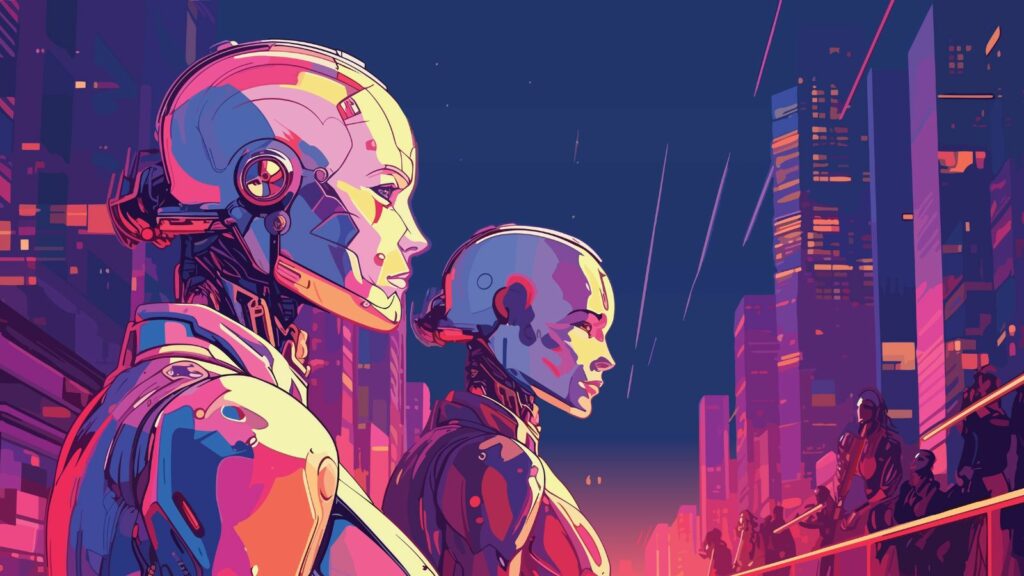Automation is no longer a distant concept found in movies or books; it’s here and happening now. Whether smart devices in homes and offices or robots seamlessly operating in factories, technology has changed how we engage with the world. While automation promises increased efficiency and cost savings, it also raises concerns about job displacement or the creation of entirely new job roles. Now, let me walk you through 19 astonishing ways automation is set to transform the world of work for good.
Redefining Job Roles

The nature of traditional job roles is changing as automated systems take over repetitive tasks. Jobs like data entry and routine customer service can now be handled by machines more quickly and with fewer mistakes than humans. As a result, positions once considered stable within the supply chain are now less secure and more demanding. Employees in these roles are increasingly required to tackle new, complex problems that call for creativity and the use of advanced technologies, reshaping their job responsibilities and skill requirements.
Rise of Remote Work

The COVID-19 pandemic opened the door to remote work, and automation has accelerated this shift toward a new way of working. Thanks to tools like computer-supported project tracking systems and AI-driven communication platforms, physical offices are no longer necessary. These technologies allow teams to collaborate seamlessly, with each member able to work from anywhere in the world, making remote work not just possible but highly efficient.
More Freelance and Gig Work

Automation has also contributed to the rise of freelance and gig work. Large projects can now be broken down into smaller, manageable tasks through automation, and these tasks are often outsourced to freelancers. Powered by technology, platforms like Upwork and Fiverr enable companies to connect directly with freelancers for specific jobs. This means businesses can quickly and easily find specialized freelancers to handle various tasks, making the gig economy more accessible and efficient.
Increased Efficiency
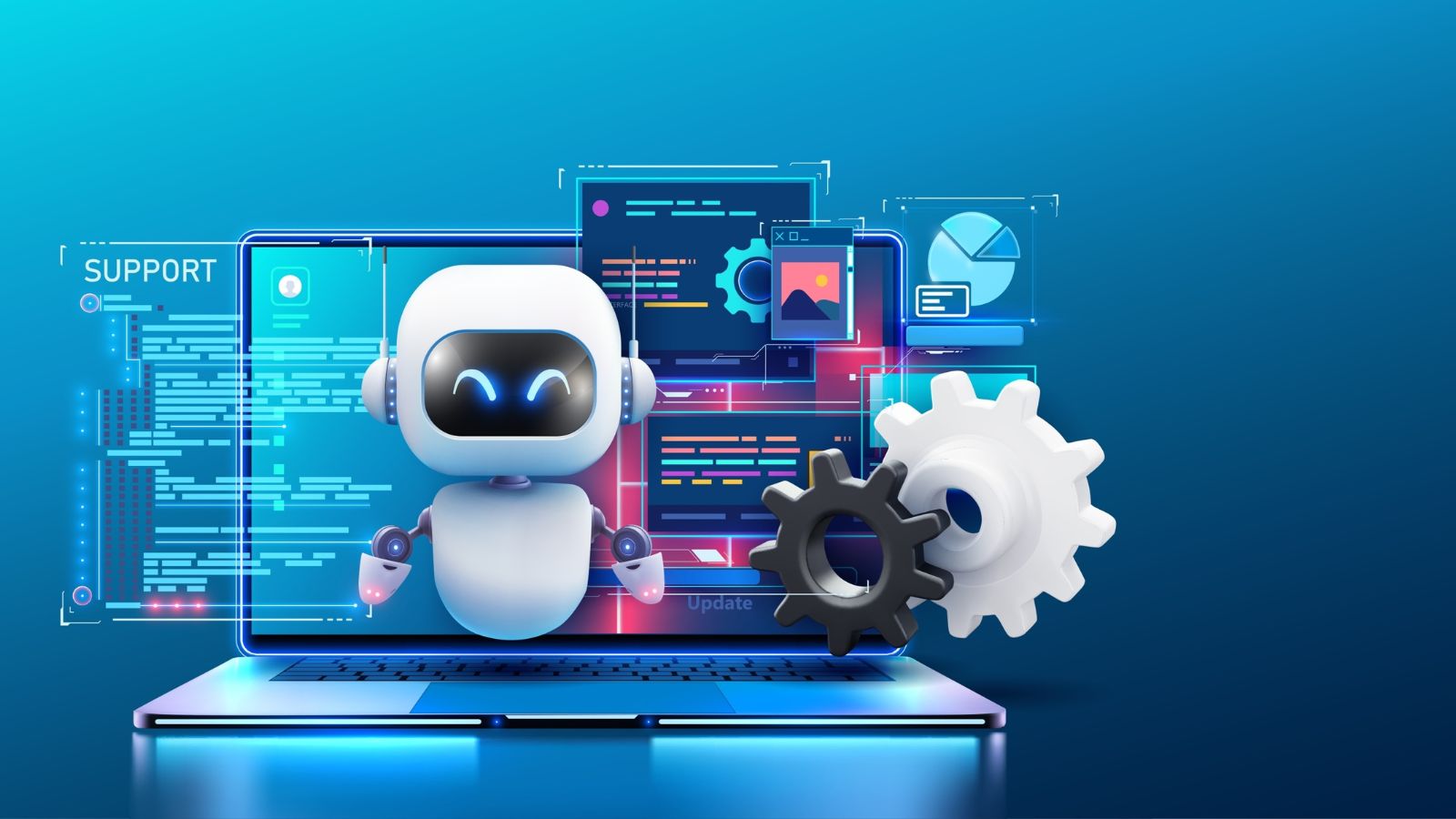
Automation enables routine tasks to be completed in seconds, which would have taken employees hours or even days to finish. For example, mechanized production processes can produce a wide range of items much faster than manual labor ever could. This boost in efficiency allows companies to lower costs while increasing output.
Job Displacement
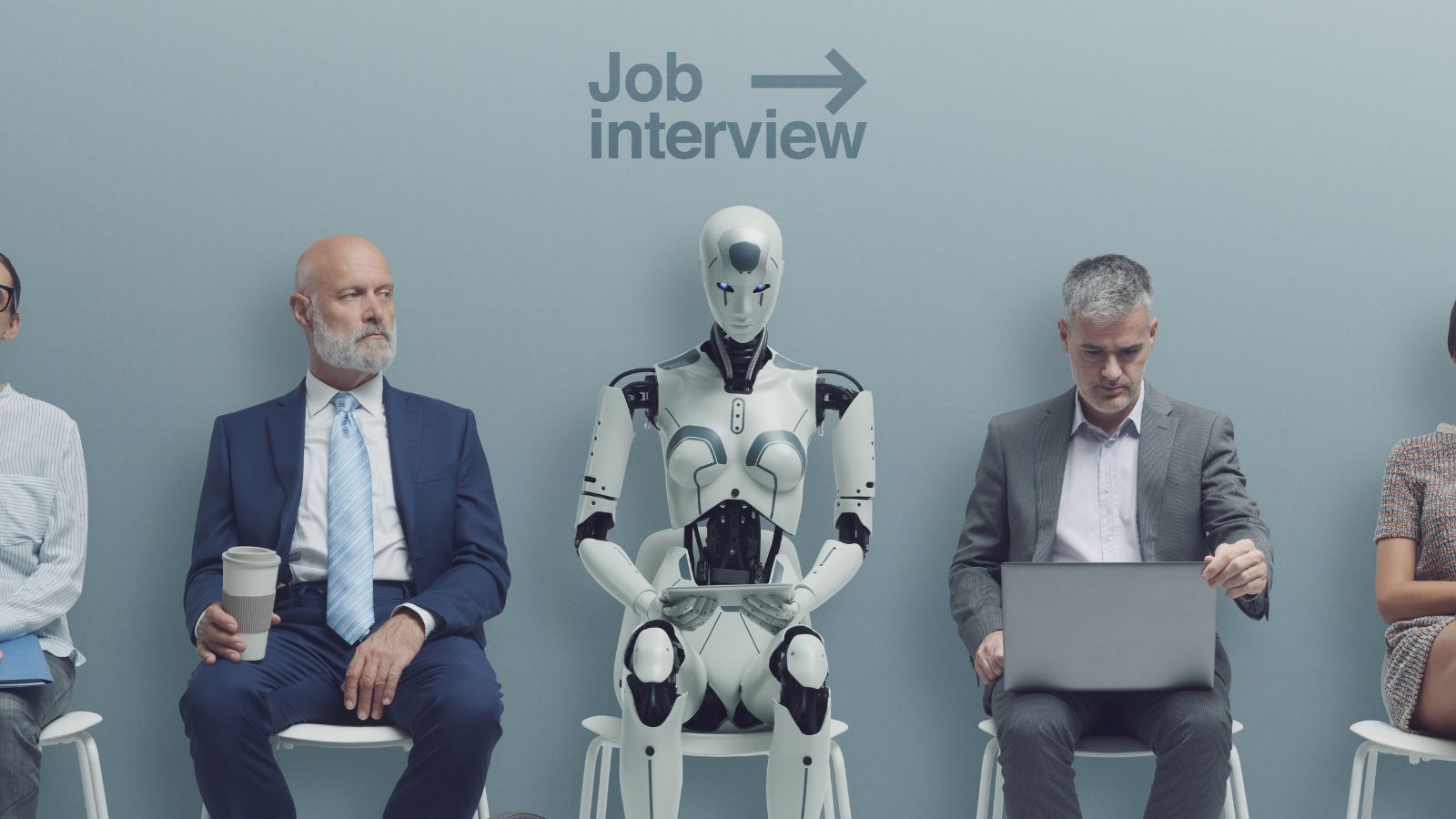
One of the most significant effects of automation is the potential for widespread job loss. As machines become more advanced and capable of operating autonomously, workers in industries like manufacturing, retail, and transportation are increasingly at risk of losing their jobs. Experts predict that in the coming decades, tens of millions of jobs, particularly those involving repetitive tasks, will be replaced by automation, leaving many workers displaced as technology takes over more of their responsibilities.
Creation of New Jobs

While automation may lead to the elimination of some jobs, it also sparks the creation of new ones. Roles such as AI trainers, robot maintenance technicians, and data analysts are emerging as automation advances. These new professions require workers to adapt by learning new skills and embracing new technologies. This shift highlights the need for individuals to be open to continuous learning and change as they navigate the evolving job market shaped by automation.
Personalized Customer Experience

Information technology is helping businesses offer more tailored solutions to their customers. With the use of artificial intelligence, companies can analyze customer habits, preferences, and needs, providing personalized recommendations or solutions. This boosts customer satisfaction and allows the human workforce to focus on complex issues requiring higher-level thinking and problem-solving skills as AI handles routine tasks.
Shift in Required Skills

As machines take over routine tasks, workers must develop more advanced skills to stay relevant. Previously, skills like data entry or basic problem-solving were highly valued in many organizations. However, today’s work environment demands critical thinking, complex problem-solving, and emotional intelligence.
The Growth of AI-Powered Recruiting

Technologies like natural language processing are transforming how human resources departments manage recruitment. With the latest advancements in artificial intelligence, these systems can quickly sift through hundreds of CVs in just a few minutes. They focus on keywords that align with specific job descriptions, allowing for efficient shortlisting while reducing human bias in the selection process.
Robots in the Workplace
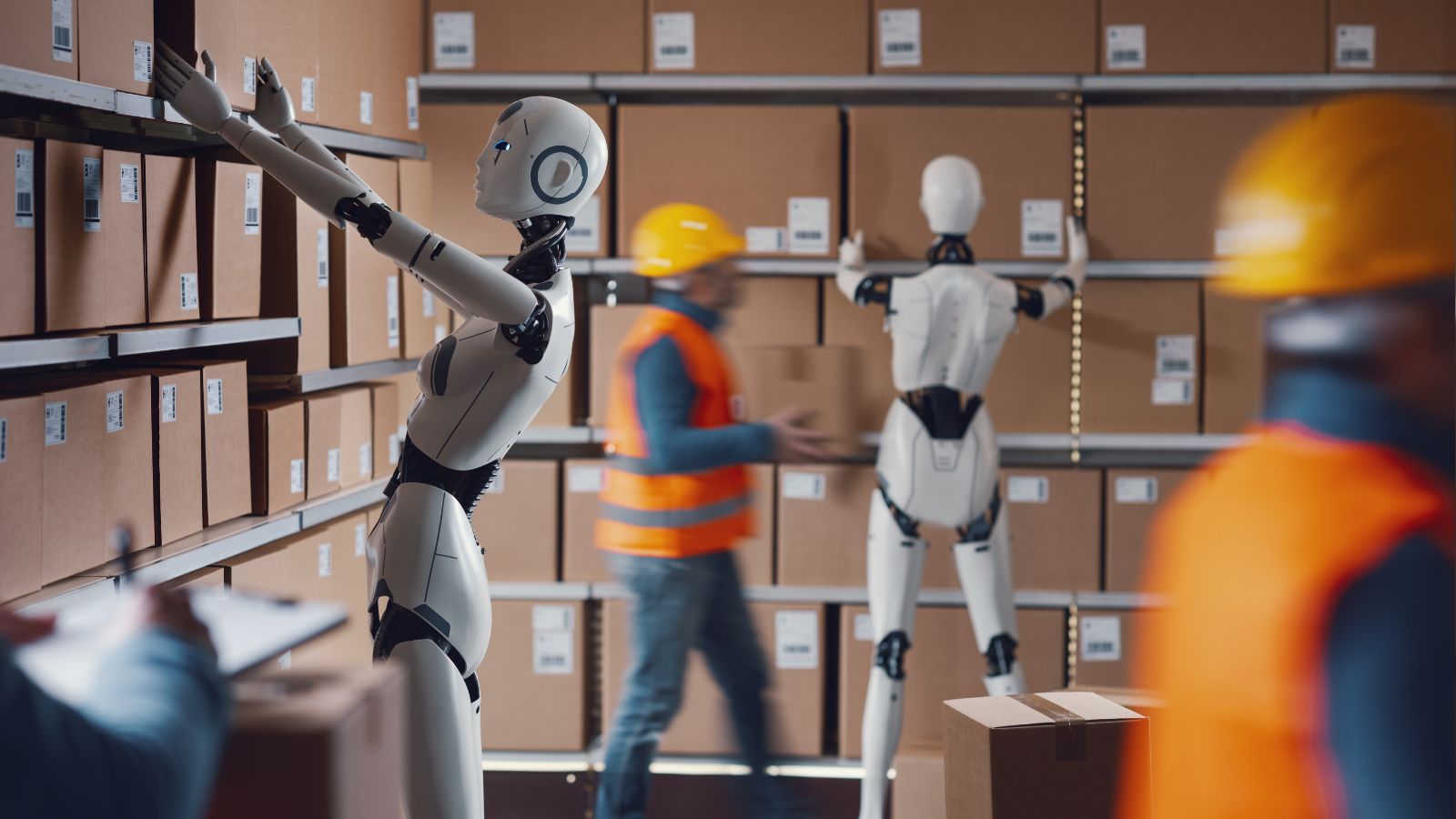
Physical robots are increasingly being integrated into workplaces, including warehouses, factories, and hospitals. Automated forklifts now handle the picking and transporting goods, while robotic arms assist surgeons during complex procedures. This trend means that machines are taking on tasks traditionally performed by humans, leading to the development of human-augmented systems where robots and people work together to enhance productivity and efficiency.
24/7 Business Operations

Automation never needs sleep, allowing organizations to automate many routine tasks and operate continuously throughout the day and night. This capability is particularly beneficial in sectors where timely responses are crucial, such as customer support and appointment management. By implementing automated systems, businesses can provide immediate assistance, manage requests at any time, and maintain seamless operations, effectively creating an environment where work continues around the clock.
Better Decision Making

AI and machine learning software are helping companies make more accurate and less biased decisions. These systems analyze vast amounts of data, enabling them to identify trends and predict outcomes that would be impossible for a human to process alone. As a result, businesses can adapt more swiftly to market changes and respond effectively to challenges, leading to improved strategic decision-making and enhanced competitiveness.
Smarter Marketing

Marketing departments are increasingly leveraging automation to enhance their campaigns. Automated systems can send highly targeted emails, post personalized content on social media, and launch promotional campaigns tailored to customer behavior. This not only increases the effectiveness of marketing efforts but also frees up marketers’ time, allowing them to concentrate on developing strategies and creative ideas.
Health Care Automation

Technological advancements in healthcare, such as robotic surgeries and diagnostic applications, are rapidly becoming integral to the industry. These innovations improve patient outcomes by reducing errors and allowing for more precise targeting of chronic illnesses. Additionally, they enable doctors and nurses to spend more time with patients, as automated systems handle many routine tasks.
Enhanced Safety

Automation significantly improves workplace safety by taking over tasks that would be dangerous for humans. Automated systems can handle hazardous materials, operate in challenging environmental conditions, and carry out repetitive tasks that might pose risks to workers. By delegating these high-risk activities to robots, organizations can reduce the incidence of workplace accidents and keep employees safe from potentially dangerous situations.
Shorter Workweeks

Advancements in automation have led to discussions about the possibility of shorter workweeks for enhanced productivity. As machines take on more tasks, workers may benefit from longer vacations and reduced stress levels. In some countries, experiments with a four-day workweek have been conducted to assess whether automation minimizes the need for constant human involvement. These trials aim to evaluate the impact of reduced hours on employee well-being and overall productivity.
The Gig Economy’s Expansion

Technology is driving the expansion of the gig economy by enabling companies to source and manage talent efficiently. With advancements that streamline payment processes, track work hours, and evaluate performance, businesses can increasingly rely on gig workers rather than hiring full-time employees.
Supply Chain Optimization

Automation is having a transformative effect on logistics and supply chain management. By leveraging AI, businesses can manage inventory, forecast sales, and streamline deliveries with minimal human intervention. This leads to more efficient operations, reduced resource waste, and faster delivery times—crucial factors in today’s complex market.
Changing Education and Training

As the nature of work evolves, educational systems are also adapting to prepare students for an increasingly automated economy. Schools and training programs now emphasize computer coding, data analysis, and problem-solving skills. This shift signifies that the traditional model of a lifelong career within a single organization is becoming obsolete. Instead, expertise will need to be continually updated and rebalanced, fostering a mindset of lifelong learning and adaptability among future workers.
Conclusion
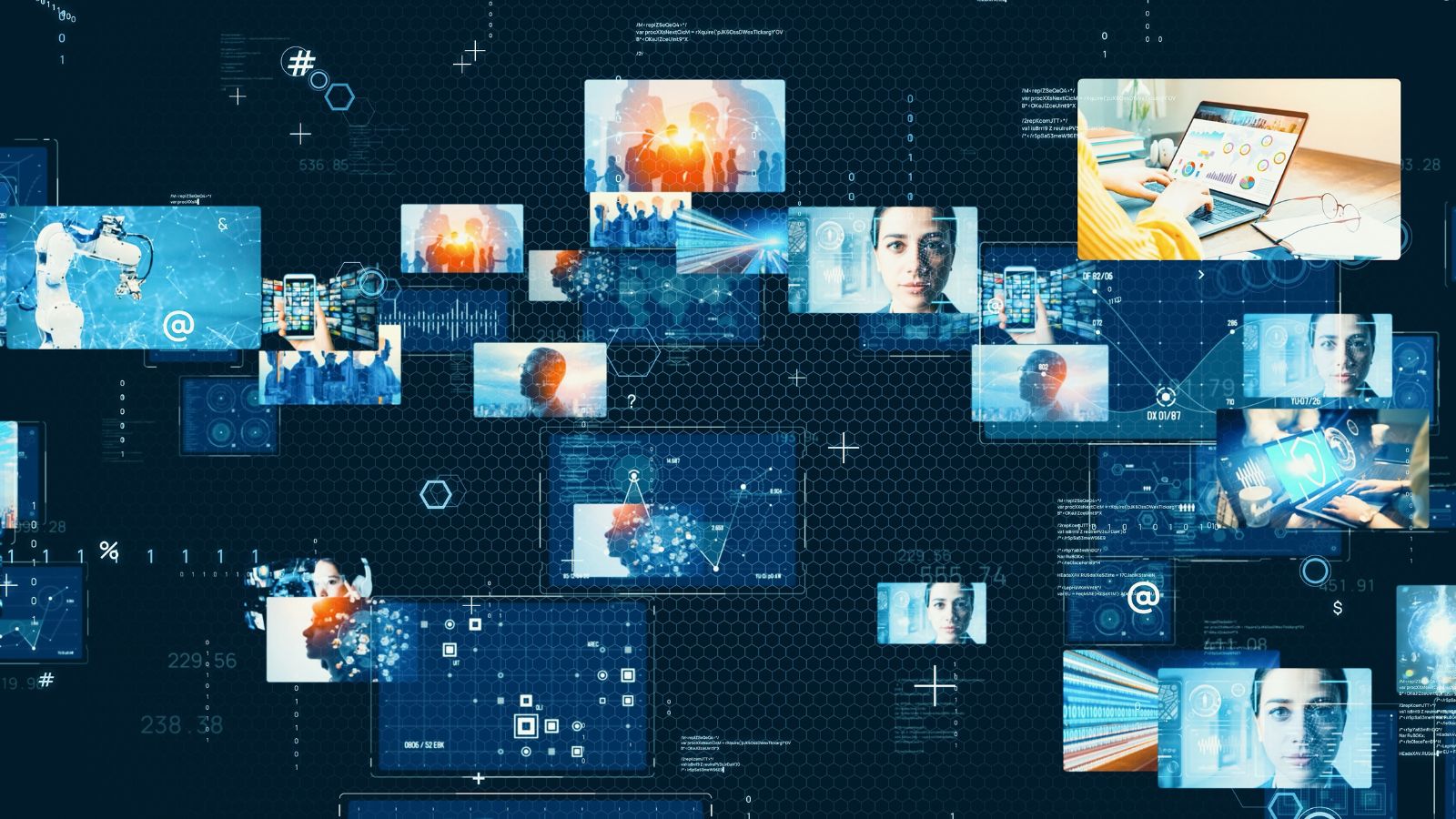
Automation is reshaping the work landscape in unimaginable ways just a few decades ago. On the positive side, it brings significant benefits such as increased efficiency, enhanced innovation, and new job opportunities. However, it raises concerns about job displacement and the need for a continuously learning workforce. As we move further into this automated future, it will be essential for employees, companies, and governments to adapt proactively, ensuring that automation serves as a positive force in creating a better future for everyone.
18 Reasons Why People Are Leaving Florida in Masses

Exploring factors that impact the desirability of living in Florida, this list delves into various challenges shaping residents’ experiences. From environmental concerns like rising sea levels to economic factors such as fluctuating job markets, these issues collectively contribute to a nuanced understanding of the state’s appeal.
18 Reasons Why People Are Leaving Florida in Masses
